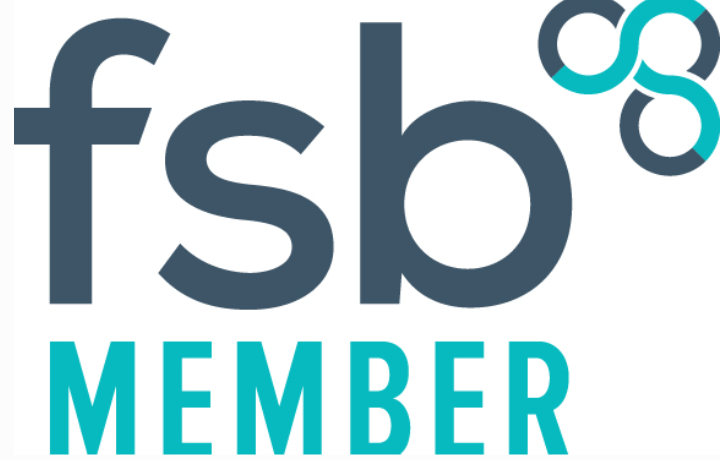Lenders and banks want to recover outstanding debts quickly, meaning these properties often have lower guide prices than comparable homes on the market. However, there are some key things to keep in mind to avoid costly mistakes. In this guide, we’ll walk you through the do’s and don’ts of purchasing a repossessed property at auction, so you can maximise your investment while avoiding pitfalls.
The Do’s of Buying a Repossession at Auction
1. Do Your Research Before Bidding
Repossessed properties are often sold ‘as seen,’ which means you need to do your due diligence before the auction. Check the property’s location, market value, and any potential issues that could affect its price. Look at similar properties in the area to get an idea of its true worth and whether it’s a good investment.
2. Do View the Property in Person
Unlike traditional property purchases, you won’t get the chance to negotiate repairs or ask for improvements when buying a repossession at auction. That’s why viewing the property beforehand is crucial. Look for signs of neglect, potential structural issues, or any damage caused by previous owners. Some repossessed properties are stripped of fixtures, boilers, and even copper wiring—so make sure you know what you’re buying.
3. Do Get a Survey or Specialist Inspection
If possible, get a surveyor to assess the property before you bid. While this may come at a cost, it could save you thousands in unexpected repairs. If a full survey isn’t feasible, consider bringing a builder or tradesperson along to identify any major concerns that could impact your budget.
4. Do Check for Additional Fees and Charges
Repossessed properties often come with extra costs beyond the hammer price. Check the legal pack for service charges, ground rent, outstanding bills, and auction fees. Some repossessed homes also have additional costs attached, such as the lender’s administration fees, which can add to the overall price.
5. Do Have Your Finances Ready
Auction purchases require fast payment. If you’re buying with cash, ensure the funds are accessible. If you need a mortgage, speak to a lender in advance and confirm they will finance a repossessed property. Some lenders are cautious about these types of purchases due to potential structural issues or missing legal paperwork. If your mortgage falls through after winning a bid, you risk losing your deposit.
6. Do Work with an Auction Specialist Like Smart Auction UK
Navigating the auction process alone can be daunting, especially when dealing with repossessions. At Smart Auction UK, we help buyers find suitable properties and guide them through the entire process, ensuring they’re making a sound investment. We also provide access to legal packs and arrange viewings, so you’re not going in blind.
The Don’ts of Buying a Repossession at Auction.
1. Don’t Assume It’s a Bargain Just Because It’s a Repossession
While repossessed properties can be cheaper than the average market price, some can end up selling for more than they’re worth. Competitive bidding can drive up prices, so set a maximum budget and don’t get caught up in the excitement of the auction room. Always compare the guide price with similar properties in the area.
2. Don’t Skip the Legal Pack
The legal pack contains vital information about the property, including title deeds, leasehold details, and any outstanding charges. Repossessed properties can sometimes have complex legal issues, such as disputes over ownership or restrictions on use. If you’re unsure about anything in the legal pack, seek advice from a solicitor before bidding.
3. Don’t Forget About Mortgage Challenges
If you’re planning to use a mortgage, don’t assume that all lenders will approve financing for a repossessed property. Some repossessed homes may not meet standard lending criteria, particularly if they are in poor condition. Always check with your lender in advance to avoid any surprises.
4. Don’t Ignore Potential Eviction Issues
In rare cases, repossessed properties may still have occupants living inside, even if the bank or lender has taken possession. If you buy a property with sitting tenants or illegal occupants, you may need to go through legal proceedings to remove them, which can be time-consuming and costly.
5. Don’t Forget the Auction Timelines
Buying at auction means strict deadlines. Typically, you’ll need to pay a deposit (usually 10%) on the day of the auction and complete the purchase within 28 days. Missing these deadlines could mean losing your deposit and facing legal action. Ensure you’re financially prepared to complete the purchase on time.
Why Buy a Repossessed Property Through Smart Auction UK?
At Smart Auction UK, we make the process of buying repossessed properties straightforward and hassle-free. We source a wide range of properties from banks and lenders, often at below-market prices. Our team ensures that buyers have access to legal packs, property details, and viewing opportunities, helping them make informed decisions. Plus, we’re always on hand to guide you through the auction process, whether you’re a first-time buyer or an experienced investor.
If you’re considering buying a repossession at auction,
get in touch with Smart Auction UK today. We’ll help you find the right property, navigate the legal complexities, and secure a great investment.
Have a look at our properties for sale
here.
You can also learn how we can
sell property for free!
Got a property to sell? Call us or
send us an enquiry.







